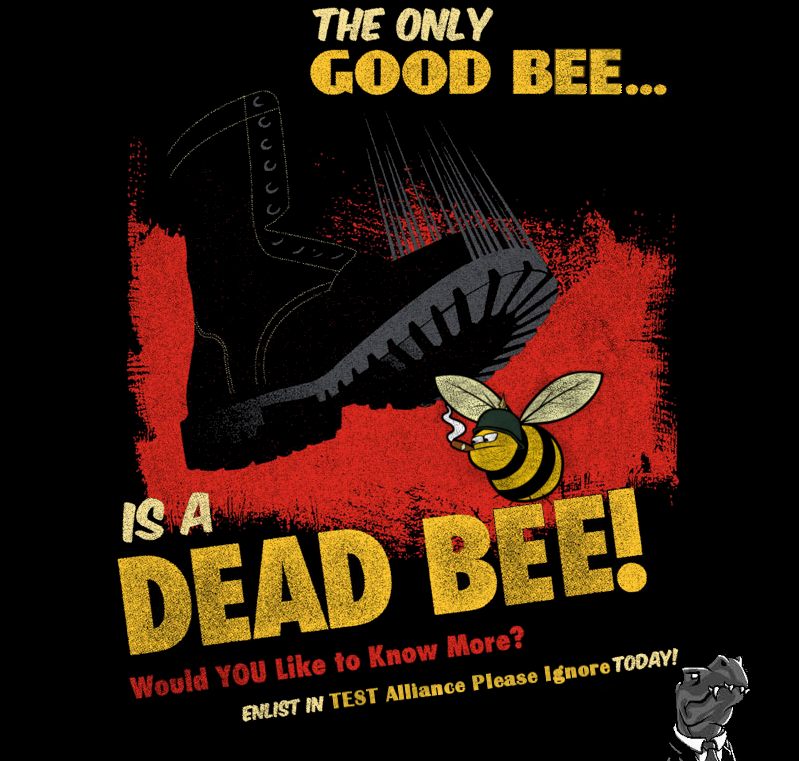
I was, for many
years, an avid EVE Online
player. EVE is a sandbox. The game has a comprehensive, player-run
economy, massive
space battles involving hundreds of players. EVE has been the subject of
countless academic
studies. The most interesting aspect of EVE, however, is the game's
community.
EVE feels almost
purpose-build to encourage bad behavior. Scamming
and stealing
are tolerated, among other nefarious actions. EVE's player-run alliances (analogous to 'guilds') live in a perpetual
state of fear from espionage.
EVE, as a game, has fewer social safeguards than we enjoy in reality.
EVE is a constant
ethical conundrum--albeit one muted by the nature of gaming.
 |
| Territorial Control Map |
The game is
incredibly tribalistic; in this way, it mirrors our world. Yet, as a microcosm,
the fragility of a particular group's narrative is all the more evident.
Sometimes, these efforts are rather shameless or
tongue-in-cheek. Other times, the narratives are more subtle; believing that what
your particular group is doing is 'right' increases morale. It helps win
conflicts.

These attempts are,
as Harry Frankfort might say, "Bullshit." They're
not particularly well-disguised pieces of bullshit, either.
Nevertheless, it's
clear many players buy into these narrative streams wholeheartedly. And EVE is
a game. The stakes aren't very high. In the real world, falling for such a
narrative is a quieter thing. To quote Frankfort:
"It is just this lack of connection to a concern with truth--this indifference to how things really are--that I regard as the essence of bullshit."
What is 'the truth,'
here? Frankfort's view of a single, objective truth is problematic. There can
be multiple truths. Furthermore, most issues we deal with on a day-to-day basis
are not clear-cut. For every case like climate change--which, on a factual level,
seems relatively clear--there are a dozen more without such clarity. These
cases are surely the de facto in EVE. Are they in our world, as well?
Disregard for
factuality is dangerous, to be sure. At the same time, a level of self-inoculation should protect us from it. As argument is
not based on fact, but rather emotion; much of what we're exposed to on a
daily basis is 'bullshit.'
What we really need: a figurative tinfoil hat--not only to
protect us from bullshit, but from other's ignorance. Because we want to believe what we're told.
And most of the time, these discussions are not rooted in fact. Nowhere is this
clearer exemplified than in online communities.

Note: image source in alt fields.
This was a great parallel between the class content we're looking at and your personal experience with gaming, which makes this a very compelling piece. I love the dilemma you present of whether fictional aspects of our lives influence decisions we make in regards to the real world. I think your piece could benefit from some sort of conclusion or opinion that is drawn from your observation. Should there be some sort of regulation or social effort to make ethics more relevant in the gaming world? Also, I'm not sure if this is just a problem with my computer, but the formatting of the blog made it difficult to read, so you might want to look into it. Great job anyway!
ReplyDeleteExcluding the formatting problems and a few very minor grammatical errors, this has been the most enjoyable post I've read this week! I really appreciate you hyperlinking certain terms and phrases to make sure that people who aren't familiar with EVE, such as myself, can understand your talking points. Your phrasing really allows this blog post to flow well!
ReplyDeleteOne big thing I would suggest is that you should probably connect the Frankfurt reading to your talking points earlier on in your post rather than bringing it up in the middle. I would also suggest that you consider adding more of what Frankfurt means by "Bullshit" rather than just having one dedicated sentence for the connection.
Also, I really enjoyed your reference to the 'figurative' tin foil hat, it made me laugh! Overall, this is a solid post, just a few things to clean up.